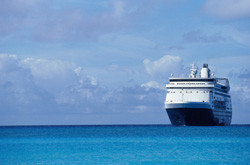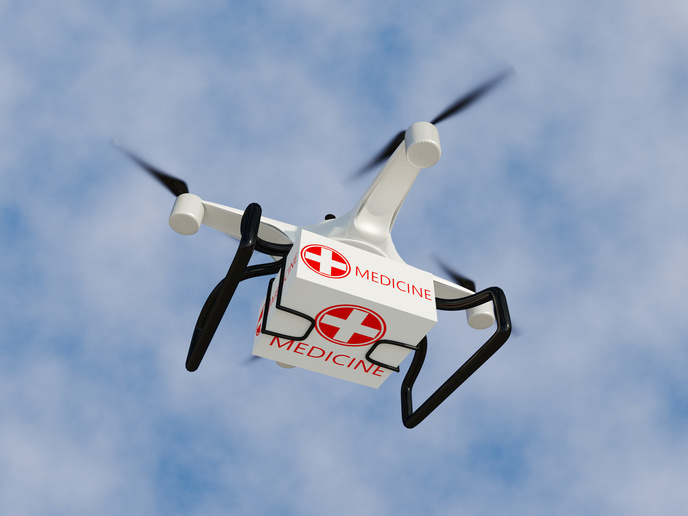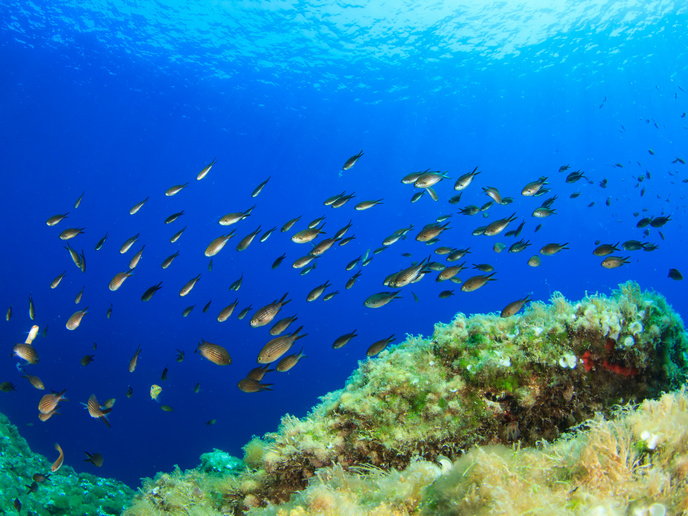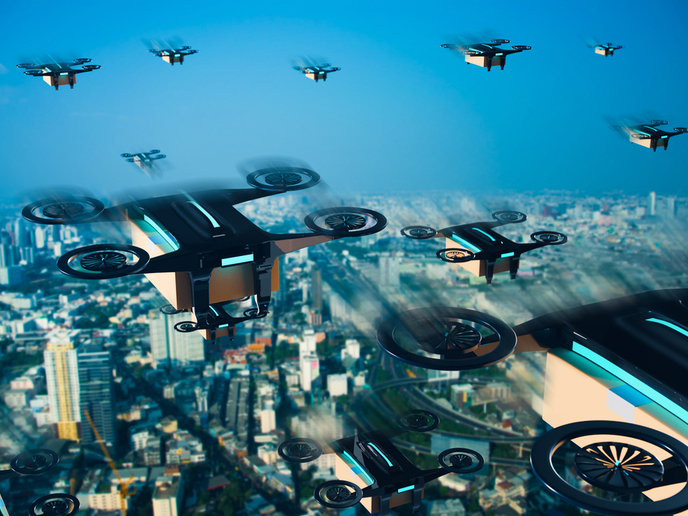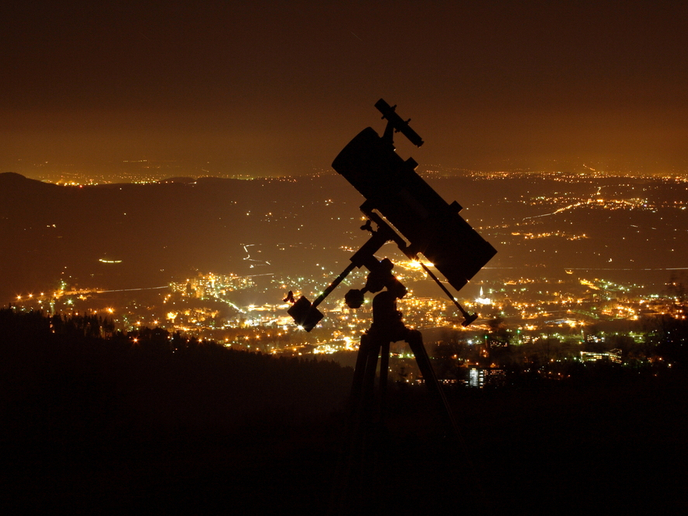Satellites working towards safer seas
Tens of thousands of large merchant ships and countless smaller coastal craft ply the seven oceans comprising three-fourths of the Earth's surface. However, the high seas are not as safe as they once used to be, particularly with threats such as piracy and terrorism increasingly plaguing ships worldwide. One technology that has helped combat these phenomena involves Copernicus systems. The EU-funded project 'Simulator for moving target indicator system' (SIMTISYS) aimed to develop a software solution that improves early warning systems and services connected to spaced-based Copernicus. To achieve its aims, the project team looked at shortcomings such as inadequate space data acquisition where piracy is rife. SIMTISYS researchers studied barriers and issues of space-based capabilities in order to cover today's needs using computer modelling and numerical simulations. This included the study of sensing systems and the entire information management chain, covering observation range, sea conditions, data processing, moving targets' detection and tracking algorithms. In addition, the SIMTISYS project team collected endusers' requirements and operational scenarios. Against this background, it defined the simulator's architecture and platform that can emulate different realistic scenarios and alternative data collection mechanisms in line with endusers' needs. The simulator supports endusers in deciding what kind of data is required before making a request, making the process more efficient. Based on work conducted within the New European Watcher (NEWA) project, the simulator for moving target identification can help civil protection and coast guard authorities with the detection and tracking of small vessels in defined scenarios. Its capabilities have been demonstrated in workshops, while sample screenshots from experiments are available online. Radar systems mounted on a single satellite or formation-flying satellites can become invaluable means to monitor the challenging open waters of oceans and seas. The SIMTISYS simulator is expected to support the use of space-borne radar as a source of critical information during rescue operations. Furthermore, this is expected to pave the way for the development of advanced operational services that could redefine current Copernicus services.
Keywords
Satellites, safer seas, radar systems, disaster situations, moving target



